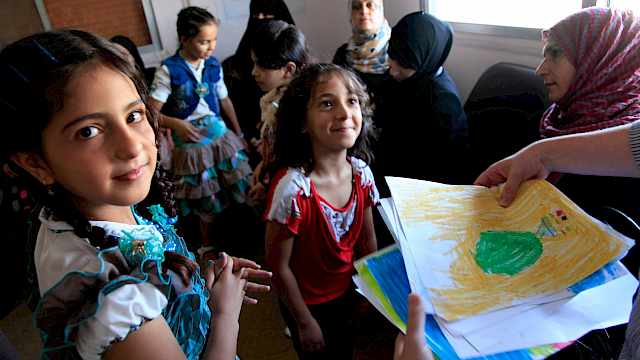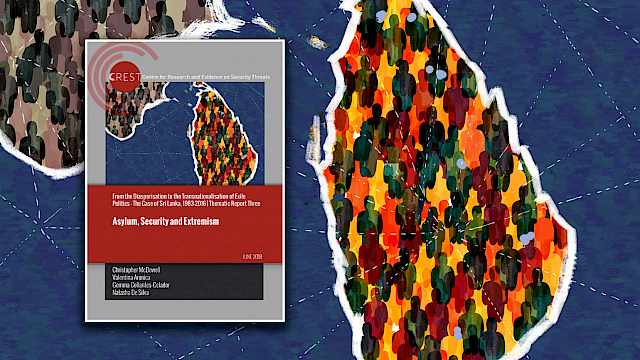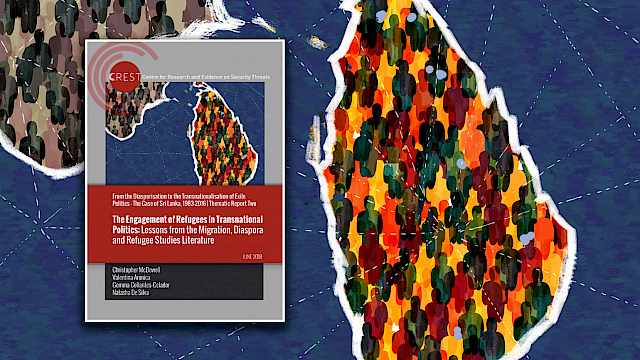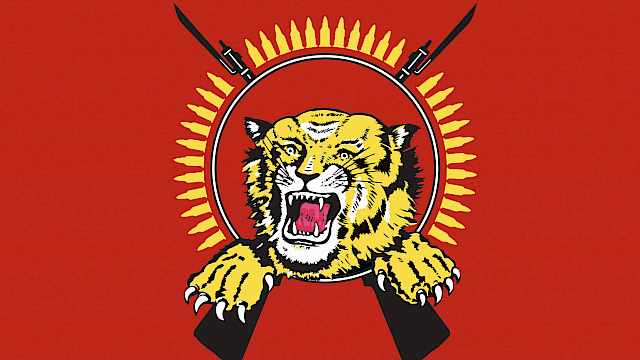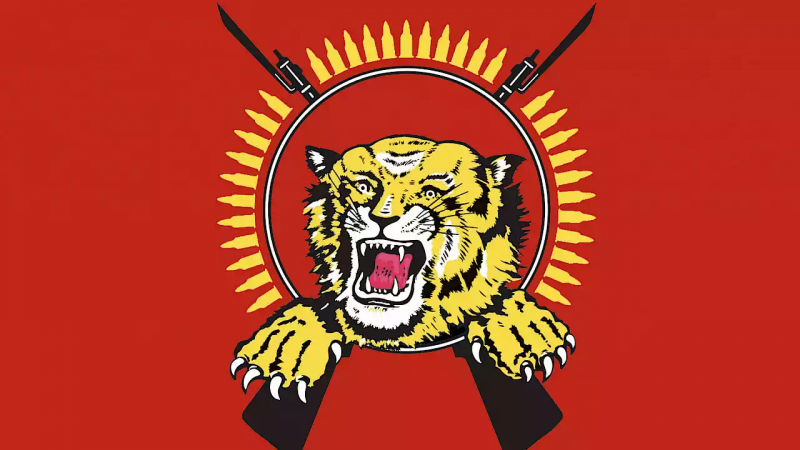
Understanding When Extremism Gives Way to Moderate Politics: The Case of Sri Lanka, 1983–2016
The research analyses and draws out the wider significance of the post-2009 transnationalisation of Sri Lankan Tamil Eelamist politics and what this process reveals about the battle between ‘hard-liners’ (those who continued to support the LTTE’s aims and methods towards achieving a separate Tamil state in Sri Lanka) and the ‘moderates’ (largely maintaining support for separatism while rejecting the LTTE’s methods and increasingly focused on the issue of accountability for violations of international human rights law).
The focus on the development of post-conflict diaspora politics towards transnationalism enables the research to reconsider the 1983–2009 period of civil war to better understand what was happening in diaspora politics during the years of LTTE domination. This includes a detailed understanding of its political tactics, fundraising, propaganda, mobilisation, the role of leaders and the influence of national diaspora populations on political orientation and organisation.
Through reviews of existing literature, interviews with Tamil politicians, diaspora organisations and government agencies in the UK, Germany and Canada, the research addresses the significance of the organisational divisions that emerged in the immediate post-conflict period and important social changes within diaspora communities that helped to reshape politics.
While focusing on the case of Sri Lanka, the project has wider implications to the transnationalisation of conflict-related diaspora politics, particularly in conflicts with large refugee and asylum cross-border flows.
Research questions
- What is the role of cosmopolitan justice and reconciliation-related values in the cessation of violent conflict?
- How do diaspora groups understand, change understandings of, and react to conflict dynamics in their country of origin? How do those changes influence their role in post-conflict rebuilding efforts?
- How can governments and security forces best prepare for the transformative character of diaspora politics when separatist groups control territory and where conflict results in large scale refugee and asylum flows?
